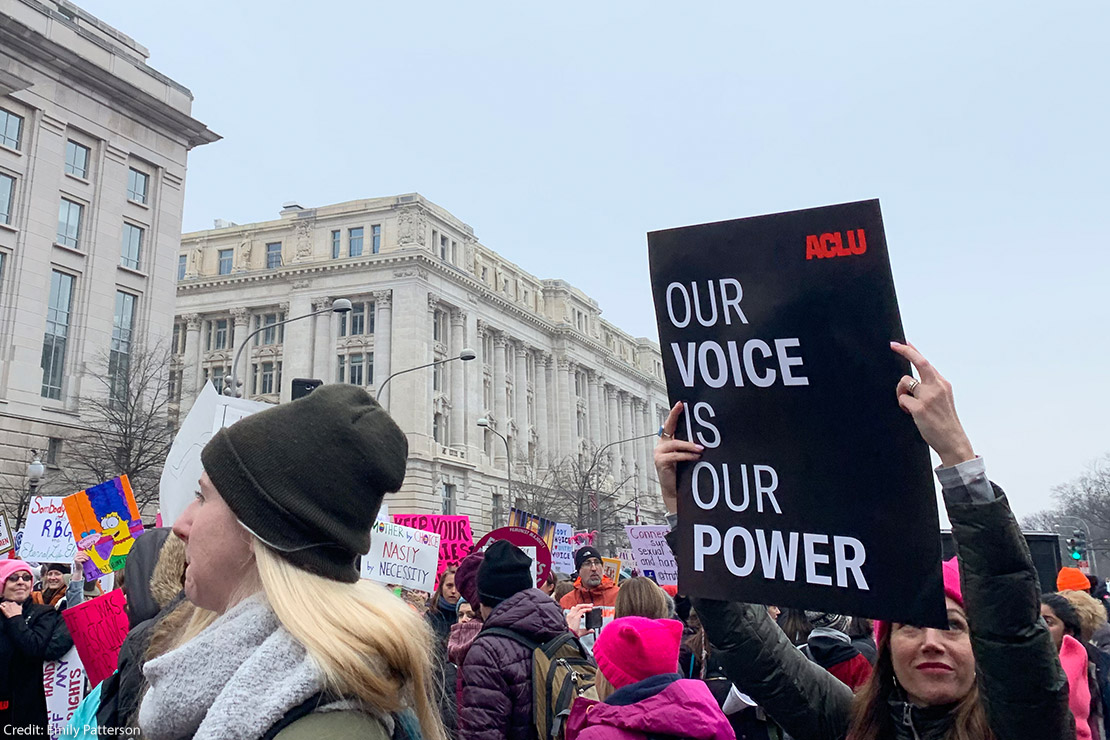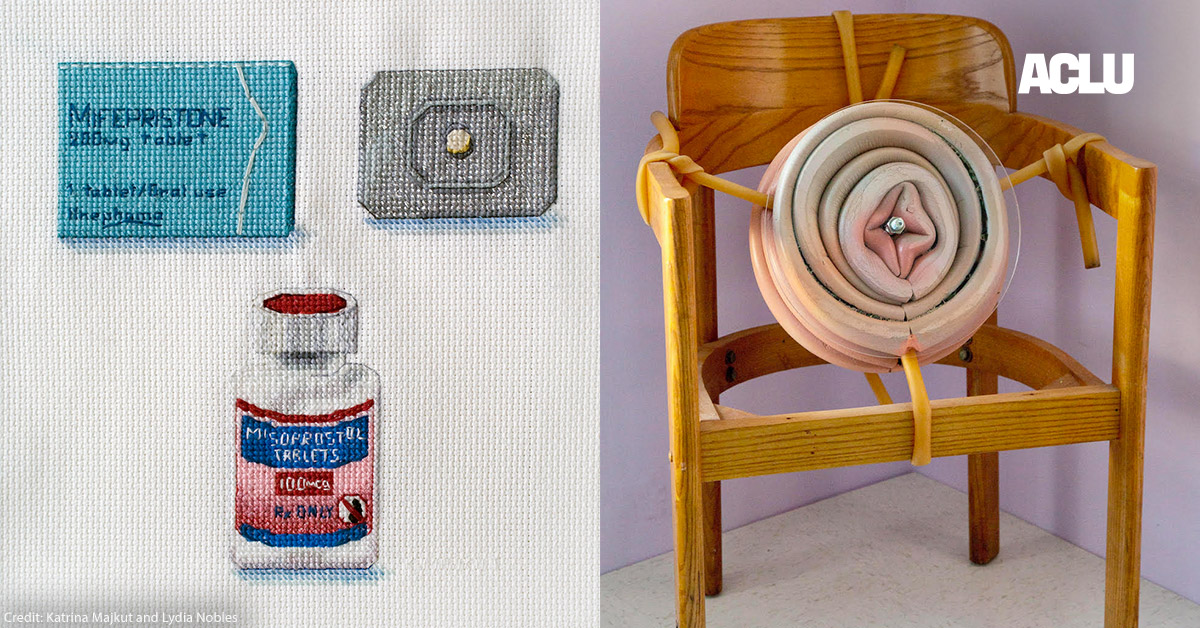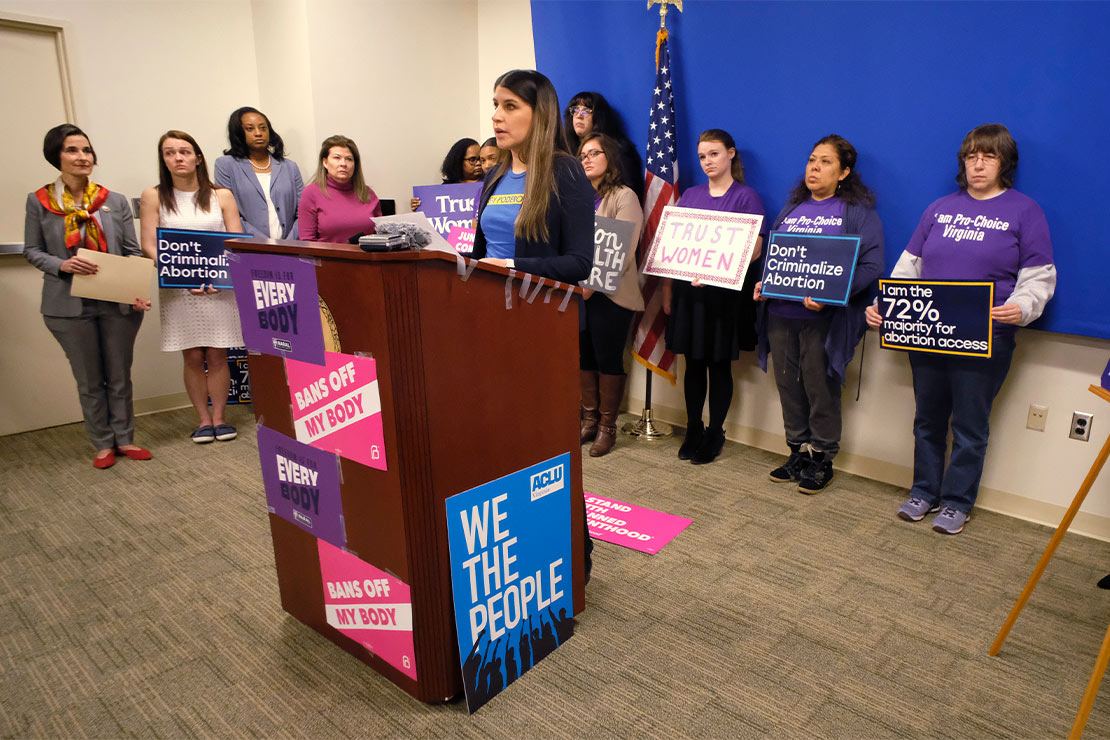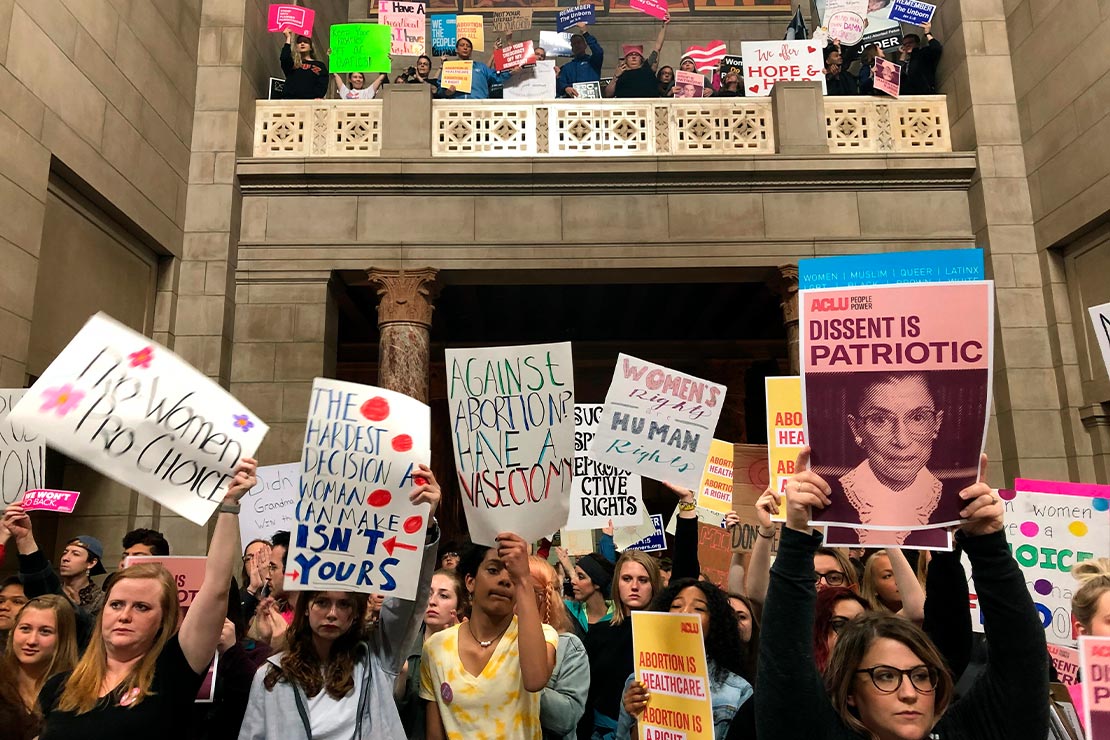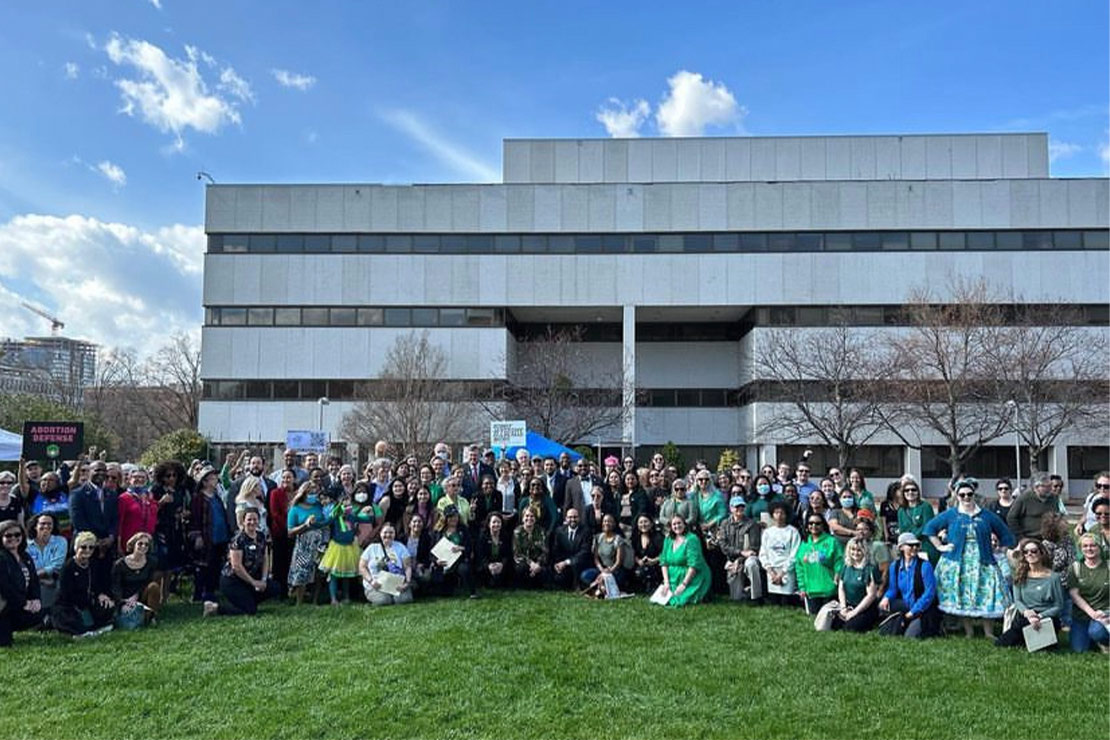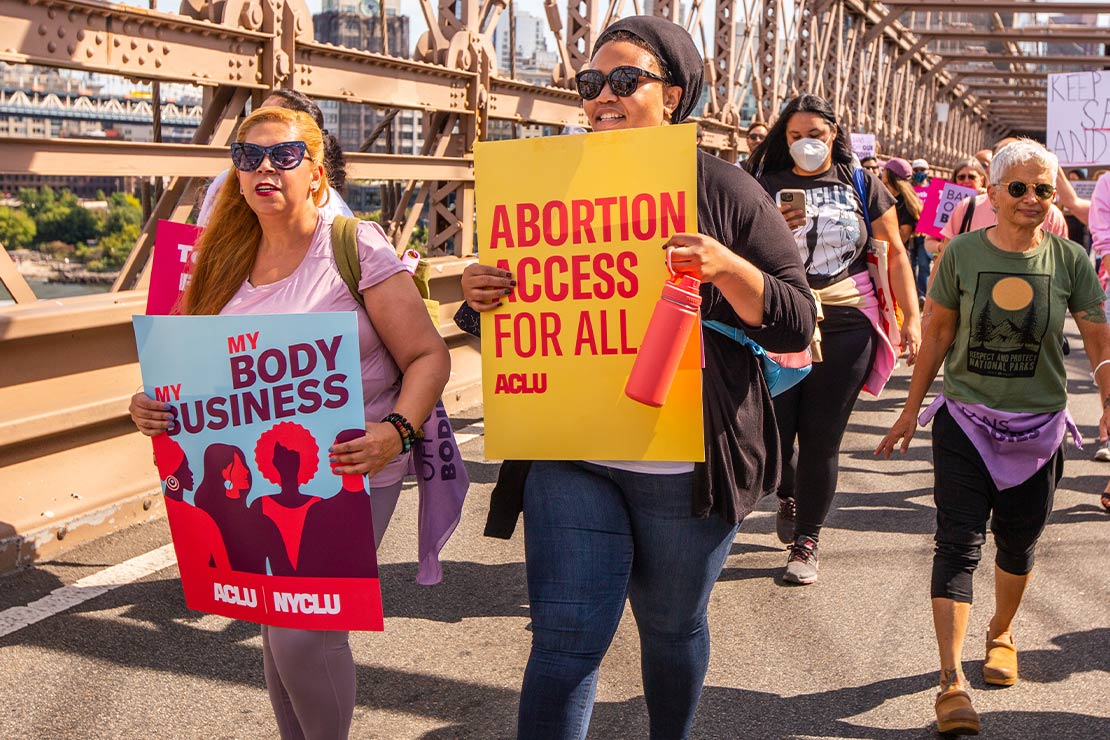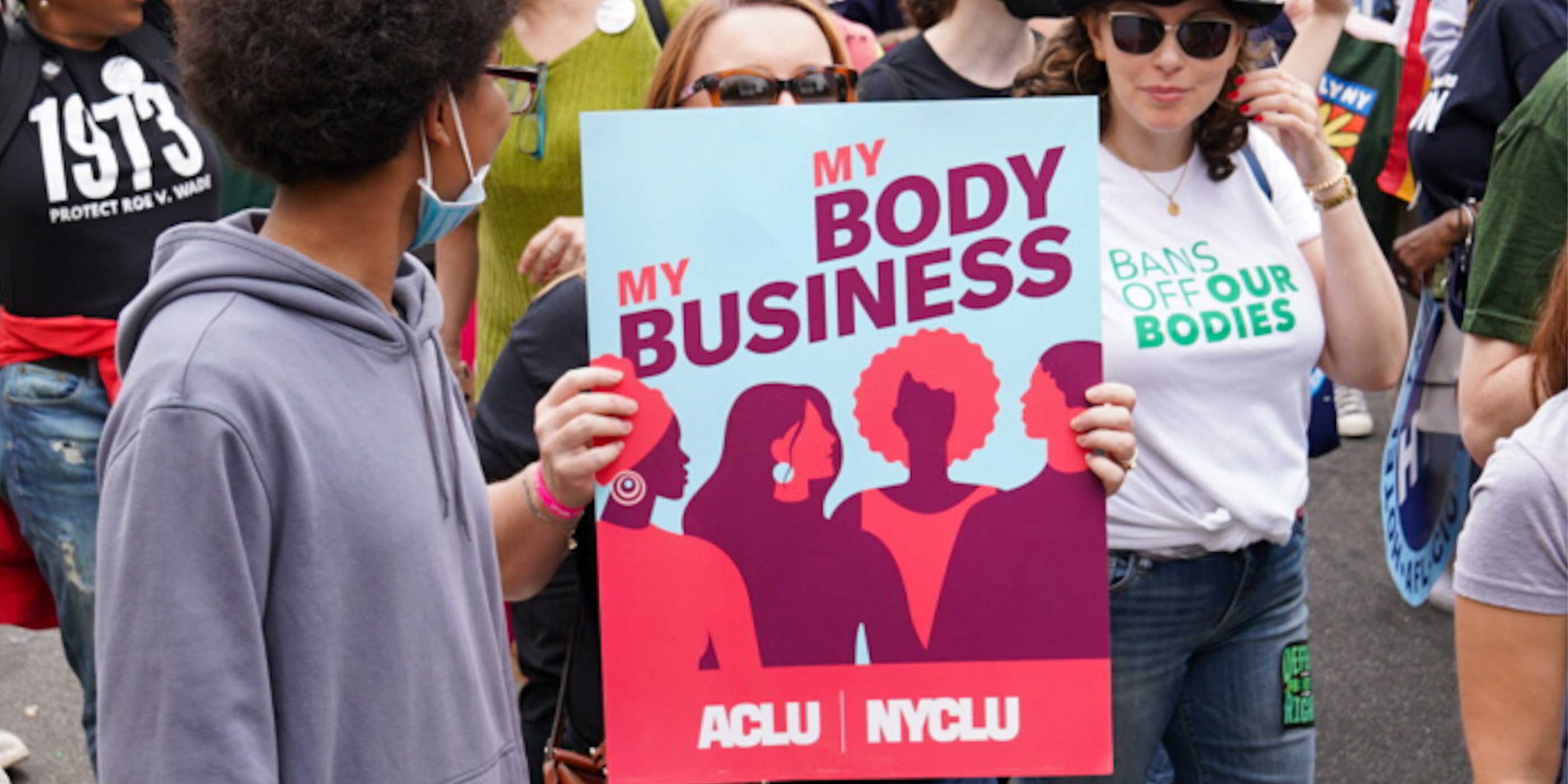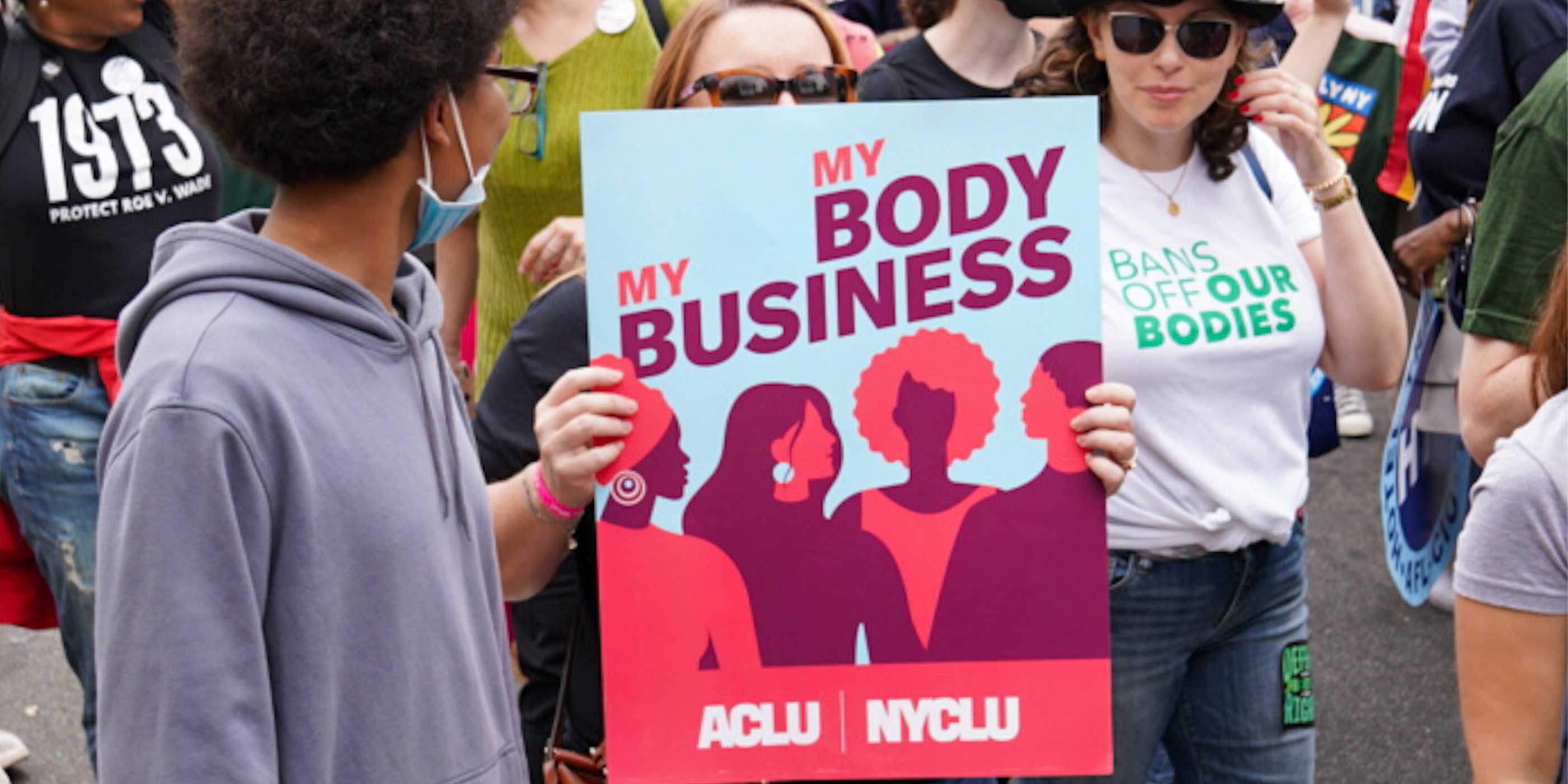If you thought anti-abortion extremists were going to stop at banning abortion, punishing pregnant people, and allowing bounty hunters to sue abortion providers, you’d be wrong. Politicians across the country have proposed bills taking aim at our right to discuss abortion care, to express the benefits of being able to determine if and when to become pregnant, and even to create art about reproductive health care. They’re continuing their attacks on our reproductive freedom by going after our right to free speech and our access to life-saving information. This isn’t just about taking away people’s decisions during pregnancy; politicians are trying to erase our health care needs, our stories and experiences, and our existence.
Bills in Iowa and Texas were recently introduced that force internet providers to block websites that give information about abortion and allow anyone to sue an internet provider who fails to block those websites. In order to avoid the risk of lawsuits, internet service providers — which may even include places that supply internet access like colleges and libraries — would be forced to block any website that discusses abortion, including those of abortion funds working around the clock to make sure pregnant people know their options for accessing abortion and where they may need to travel. The Texas law even targets specific websites that would have to be blocked, some of which are simply sites to get educational information about abortion pills and their safety. Anti-abortion extremists are clearly aiming to ensure people who need abortions in their state can’t even learn about their options.
At the same time as states are trying to shut down access to information about abortion, public colleges are responding to legislative attacks from extremist politicians by curtailing free speech and artistic expression — even going beyond the bounds of the law out of fear they may face political punishment. Last summer, for example, Indiana University told faculty that they had committed a policy violation by writing a letter in support of a colleague and opposing a proposed abortion ban in the legislature.
More recently, Lewis-Clark State College announced that it would pull several artists pieces addressing abortion from an upcoming exhibition, “Unconditional Care,” for fear of violating the state’s No Public Funds for Abortion Act. A far cry from providing unconditional care to its community, the college is censoring work that gives voice to a range of topics that are often heavily stigmatized and rarely spoken about.
We know that freedom of speech, artistic expression, and reproductive freedom go hand in hand. We must be allowed to talk about our experiences and exchange information about our health care in order to truly make decisions about our bodies and our families free from political interference. We cannot allow extremist politicians to get in between us and the information we need, or to tell us what we can and can’t say — online or off.
The ACLU is fighting in courts and state legislatures across the country to stop bills like these (and many more), but we need you to stand with us. Whether you live in a state where politicians are taking away your free speech and abortion rights or not, you can make a difference in this fight. Join the ACLU in fighting back against attacks on abortion access and other civil liberties across the country by signing up for information and ways to take action below.
Date
Monday, April 3, 2023 - 5:00pmFeatured image
